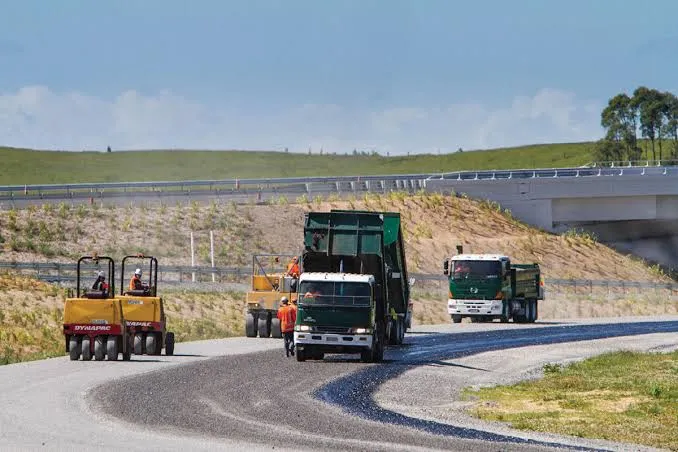Table of Contents
The Don does not muck about. If rules and regulations are hampering progress, then ditch the rules and regulations. Especially if the progress is being hampered by unwarranted worrying about climate change.
Federal agencies would no longer have to take climate change into account when they assess the environmental impacts of highways, pipelines and other major infrastructure projects, according to a Trump administration plan that would weaken the nation’s benchmark environmental law.
The proposed changes to the 50-year-old National Environmental Policy Act could sharply reduce obstacles to the Keystone XL oil pipeline and other fossil fuel projects that have been stymied when courts ruled that the Trump administration did not properly consider climate change when analyzing the environmental effects of the projects.
According to one government official who has seen the proposed regulation but was not authorized to speak about it publicly, the administration will also narrow the range of projects that require environmental review. That could make it likely that more projects will sail through the approval process without having to disclose plans to do things like discharge waste, cut trees or increase air pollution.
The new rule would no longer require agencies to consider the “cumulative” consequences of new infrastructure. In recent years courts have interpreted that requirement as a mandate to study the effects of allowing more planet-warming greenhouse gas emissions into the atmosphere. It also has meant understanding the impacts of rising sea levels and other results of climate change on a given project.
The act requires the federal government to prepare detailed analyses of projects that could have significant environmental effects, including long-term impacts that courts have said include climate change. Since 1970, when the law was enacted, it has undergone only one major change. That was in 1983, when the White House Council on Environmental Quality limited the use of worst-case scenarios in project reviews.
But the Trump administration has been aggressive in its efforts to roll back environmental regulations. The 50 or so pages of revisions that the Council on Environmental Quality is expected to make public on Wednesday would not amend the act itself. Rather, they would revise the rules that guide the implementation of the law.
NYT
Compare and contrast with New Zealand and the recently released Productivity Commission report. Local government funding and financing.
A new, challenging and growing pressure on local government funding comes from climate change in particular, the threats from sea-level rise and more frequent and extreme weather events. The most direct threat for councils is climate-induced damage to local government infrastructure such as roads and bridges, and stormwater, wastewater and flood-protection assets.
Councils are responsible for planning and regulating development on at-risk land. They therefore have an urgent and important role in reducing future climate risk exposure and long-run adaptation costs. Councils must resist pressure for risky development, and deal with property owners who shun talk of retreat and demand councils invest in hard defences against sea-level rise and flooding.
New Zealand’s laws and institutions acknowledge the risk from climate change, and require local governments to plan for the approaching and rising hazards it will cause. Yet, a significant shift in policy thinking and implementation is needed to deal with the nature of climate risk even though how climate risk will unfold is very uncertain. In contrast, much thinking and practice is still dominated by assumptions that risks are unchanging.
p223
Here, we are busily tying ourselves up in unnecessary worry, planning for and attempting to avoid something that the even Productivity Commission states has considerable uncertainty about it.
… even with the best available science, deep uncertainties exist about the course of climate change and the damage it will cause.
p232









